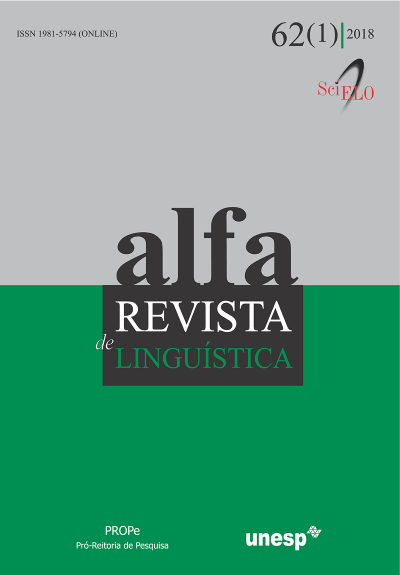The Brazilian Supreme Court decision on abortion of fetuses with anencephaly: a feminist discourse analysis
DOI:
https://doi.org/10.1590/1981-5794-1804-1Keywords:
Discourse, Gender, Feminism, Law, Abortion, Anencephaly,Abstract
This paper analyzes the agreed decision of the Brazilian Supreme Court in the judgment of the Action for Breach of a Fundamental Precept number 54 (ADPF 54), which sought to resolve the controversy about the possibility of voluntary termination of pregnancy in the case of fetuses with anencephaly. By employing a Feminist Discourse approach, the analysis demonstrates the paradoxical way in which the Court granted a feminist demand claimed by women’s rights movements: (1) by masking the involvement with these groups and their discourses on women’s autonomy in relation to their bodies; 2) by maintaining the traditionalist and androcentric pattern of legal discourse. The analysis describes three main language artifices that stand out in the articulation of this paradox: explanation, naming and representation. The paper points out the persistence in the field of Law of traditional and androcentric paradigms that Justice values and with which it operates. This study aims to contribute to the debate on the decriminalization of abortion in Brazil, as well as to discuss the relationship between language / gender / law.Downloads
Download data is not yet available.
Downloads
Published
25/04/2018
How to Cite
FREITAS, L. G. de. The Brazilian Supreme Court decision on abortion of fetuses with anencephaly: a feminist discourse analysis. ALFA: Revista de Linguística, São Paulo, v. 62, n. 1, 2018. DOI: 10.1590/1981-5794-1804-1. Disponível em: https://periodicos.fclar.unesp.br/alfa/article/view/9545. Acesso em: 4 feb. 2026.
Issue
Section
Papers
License
Manuscripts accepted for publication and published are property of Alfa: Revista de Linguística. It is forbidden the full or partial submission of the manuscript to any other journal. Authors are solely responsible for the article's content. Translation into another language without written permission from the Editor advised by the Editorial Board is prohibited.

